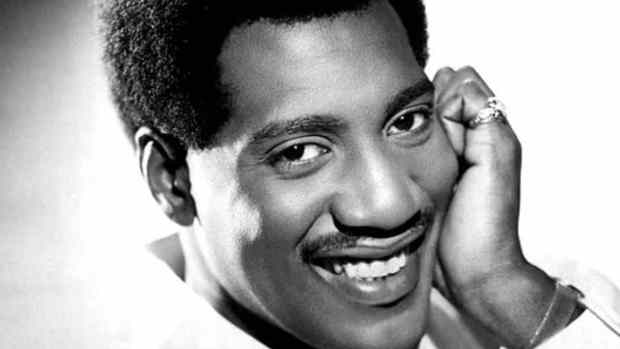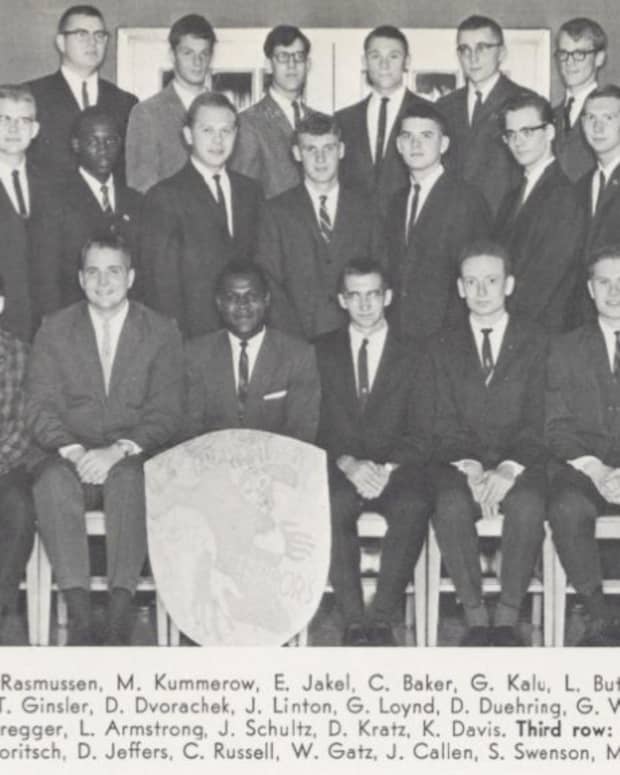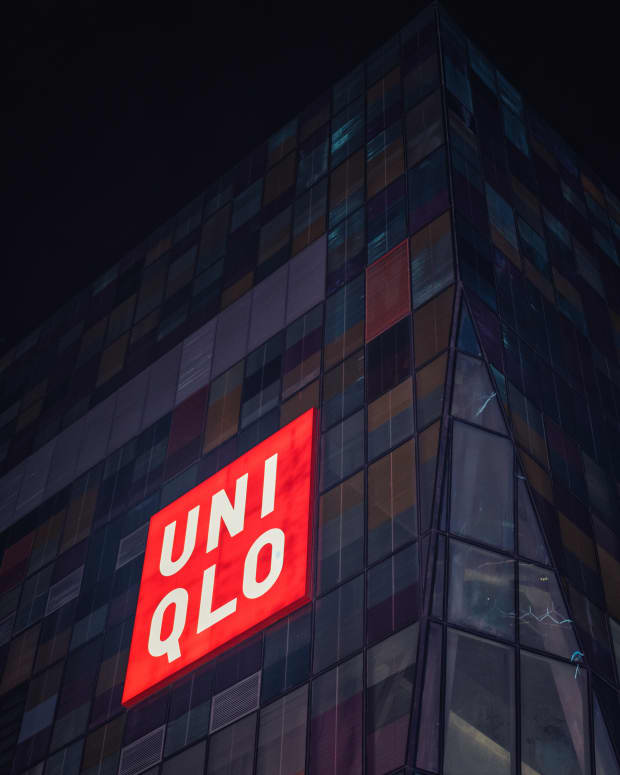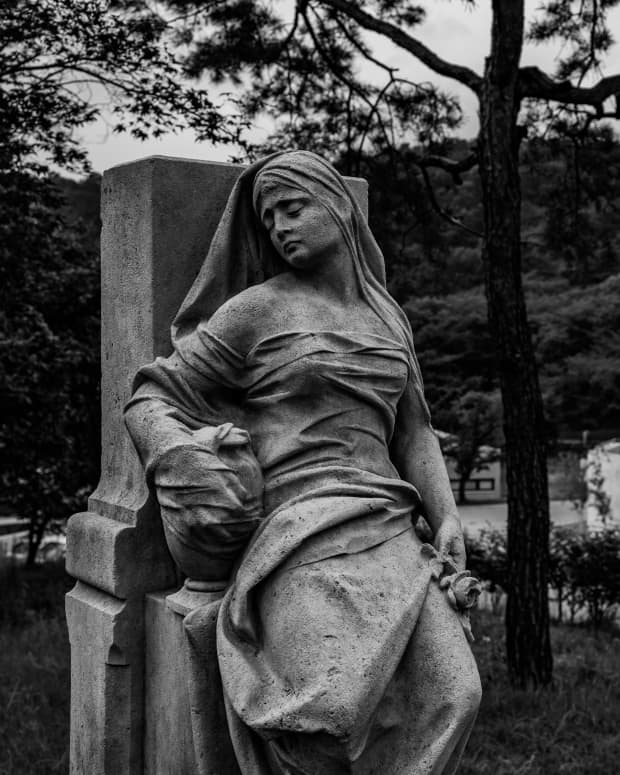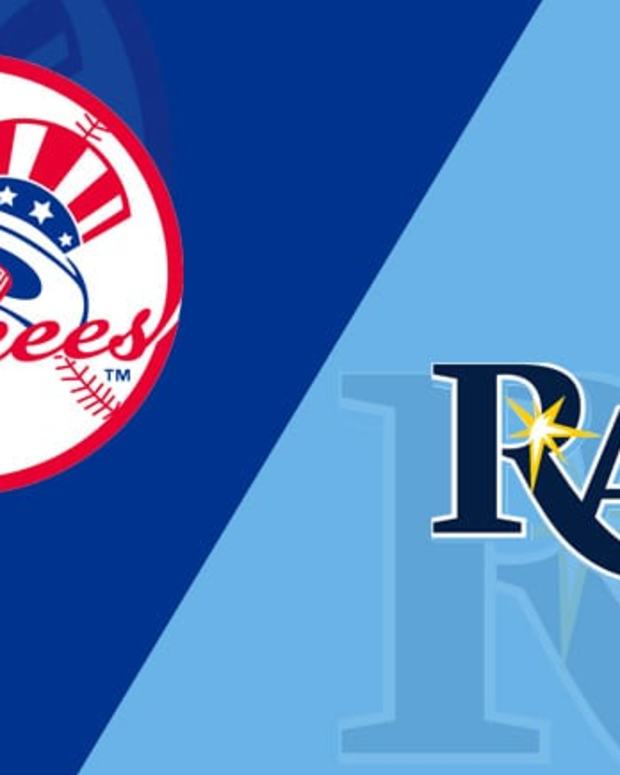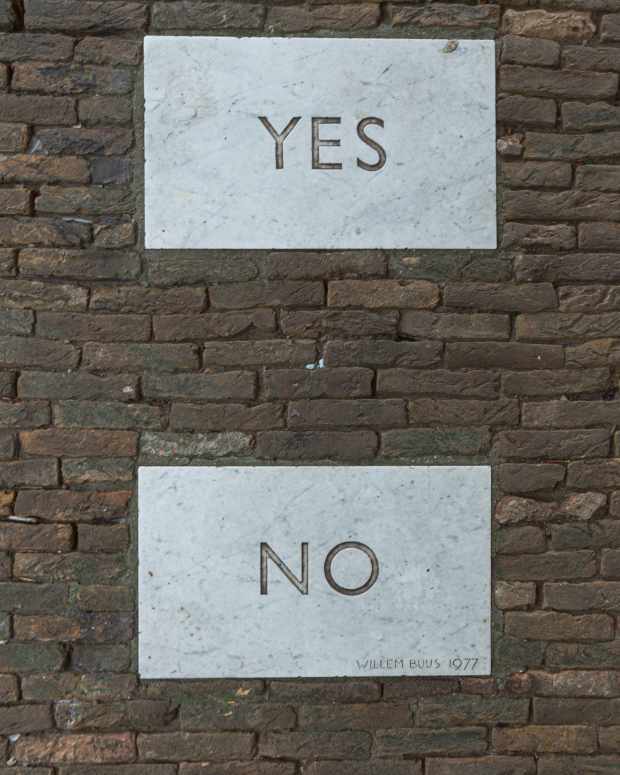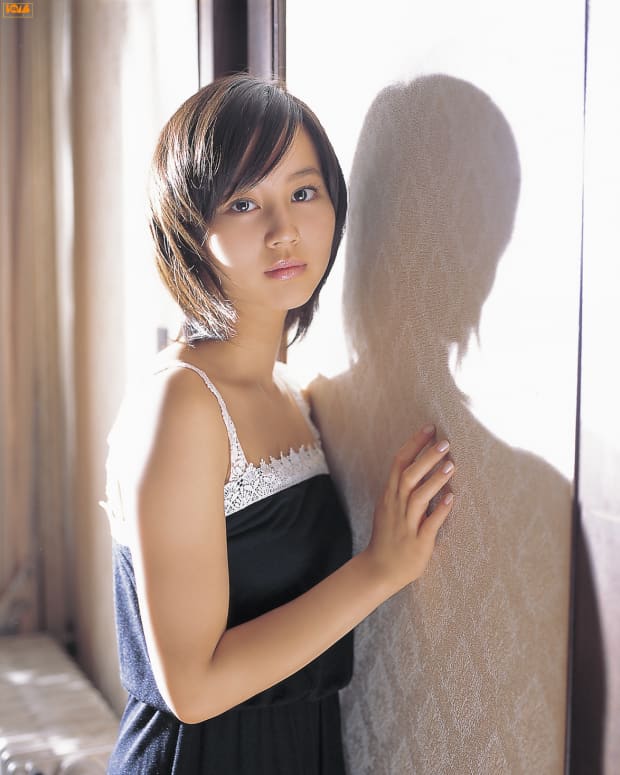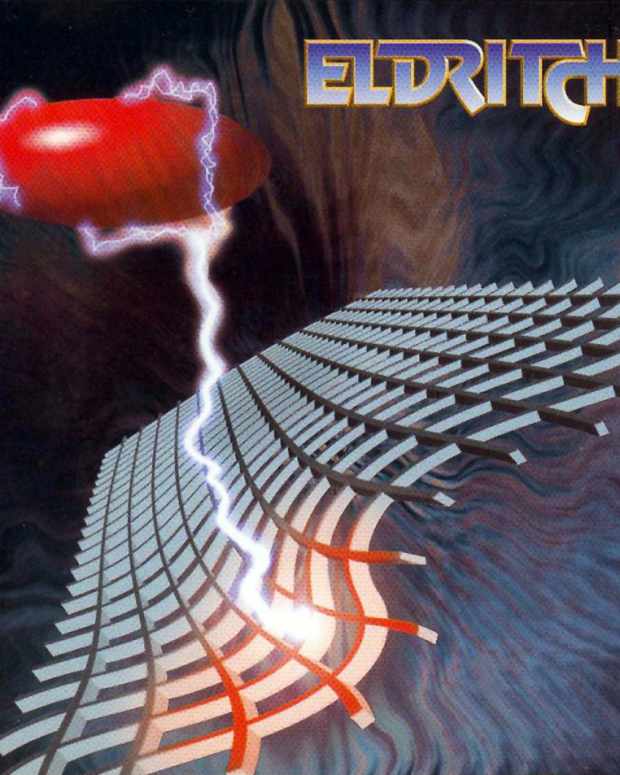How Guillermo Del Toro's "Pinocchio" Gives a Different Vision of the Classic Story
Pinocchio (2022) Trailer
A Worthwhile Winner?
Guillermo del Toro’s Pinocchio won Best Animated Feature this year at the Academy Awards, and I found myself questioning the decision to award the film. Congratulations to the director Guillermo de Toro for winning, but I found the film did not reach the heights expected of Academy Award winners. Still, it is probably better than the other nominees for its lack of whizz bang and instead provides a mature sensibility that evokes pathos.
Before seeing any Pinocchio film, I thought I better familiarize myself with the book, which was written over one hundred years ago, in 1883, by Carlo Collodi. To be honest, the book is not my favorite, it is not to my taste. Even so, I found it alternatively fascinating and compelling, a worthwhile read, but I found myself giving the book away once I read it.
The Academy this year have awarded their best animated feature based on the winner’s beauty I would say rather than a political choice. De Toro’s Pinocchio is a beautiful rendition if not entirely faithful to the source and not entirely satisfying. However, Del Toro proves again he is a real artiste with a sweeping transformation of the Pinocchio tale.
A New Adaptation
Del Toro’s Pinocchio is his vision of the story of Pinocchio about a wood carved puppet, brought to life, who wants to be a real boy and his adventures in becoming one. The story this time is less on the theme of obedience and more on the gift of life and the acceptance of the key character.
While Del Toro keeps some things of the book, he also changes some things in line with his view. The story is now set in World War II and the war features ominously but tragically in the story. Religion, namely Catholic, also features quite significantly, with the crucifix in a church taking on a deeper meaning, a Catholic blessing at dinner, and members of the church not understanding Pinocchio.
Pinocchio gets taken for a ride by a nefarious showman which forms quite a bit of the middle of the film. Then there is Pinocchio’s encounter with the “Blue Fairy” which highlights themes of mortality and immortality, themes which are quite magically incarnated at one point.
Themes
Del Toro’s story is resonant of the human condition in that it appeals to rejection and acceptance where Pinocchio is used and rejected, but also is on a pathway to acceptance. The quite disturbing element of this is found at the church, where members cannot relate to the wooden and unusual puppet. But there is also the presence of the cross at the front of the church which speaks of Christ’s suffering and rejection, as if a parallel to Pinocchio. The church, too, is also a place of the fallen, but one expects their acceptance of Pinocchio. The church’s feeling about Pinocchio brings a sour feeling in an otherwise palatable presentation of religion.
The film shifts from the theme of religion to the theme of conflict and war and being used to a showman’s advantage. Pinocchio goes on one perilous adventure (or misadventure) where one is rooting for Pinocchio against the odds. Here the presence of a real boy Pinocchio makes friends with is a source of consolation, but de Toro maintains a palatable tone throughout despite the apparently more disturbing elements. Actually, it can all be quite riveting.
The Film’s Qualities (or Lack-of)
There is one profanity. Some dark elements – the war scene for one but it’s quite an ironic take of the stupidity of war.
Del Toro’s Pinocchio is literate, layered, heartfelt, and a splendidly produced animation. The scene with characters in the gigantic fish is adventurous. However, the film does not reach the heights of real adventure. However, Del Toro’s personal vision is unique, the execution while not perfect, is still a splendid work of animation and artistry in a beautiful aura of a golden glow. It's the life affirming side of Pinocchio that shines through. Just a wonderful film.
Voices of Ewan McGregor, David Bradley, Gregory Mann, Ron Perlman, Christoph Waltz, Cate Blanchett, Tilda Swinton, Finn Wolfhard, John Turturro, Tim Blake Nelson. Screenplay Guillermo del Toro and Patrick McHale, from a story by Guillermo del Toro and Matthew Robbins, from the book by Carlo Collodi. Dir Guillermo del Toro and Mark Gustafson. Released November 11, 2022.
© 2023 Peter Veugelaers


